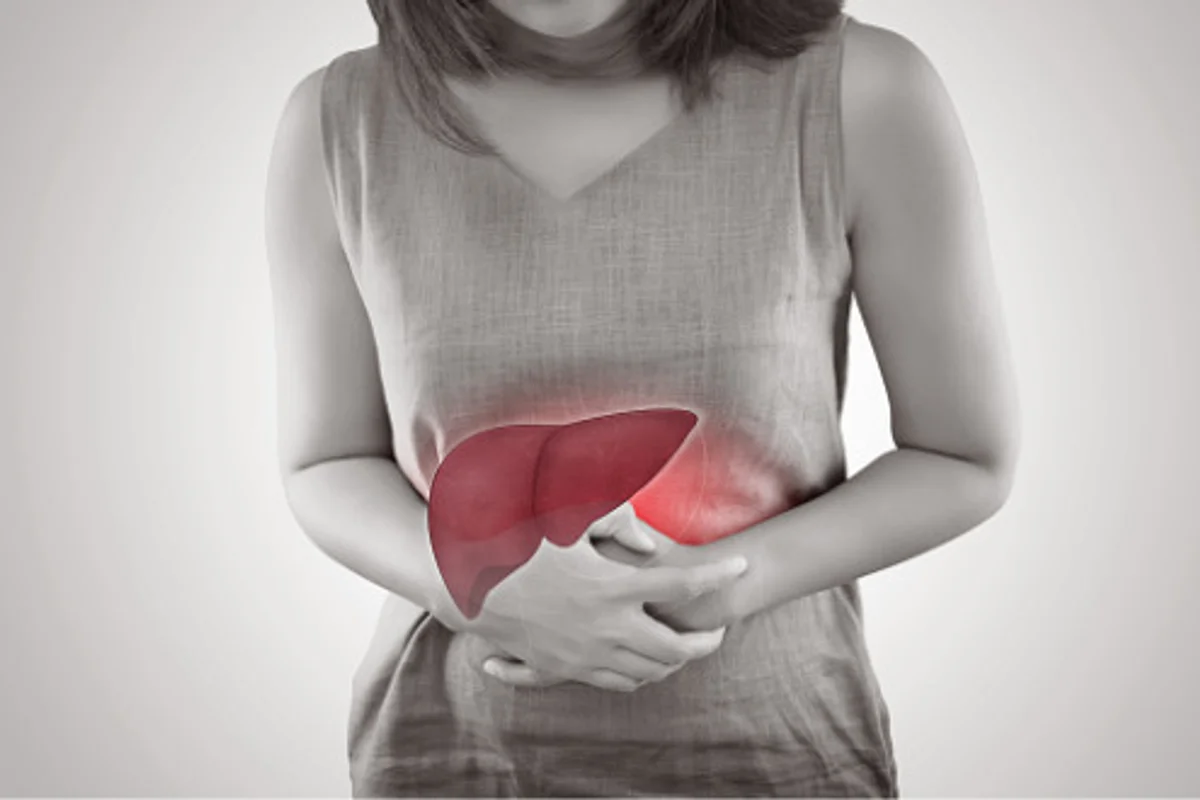21 February 2025 | Friday | News

Picture Courtesy | Public Domain
Gilead Sciences, Inc. announced that the European Commission (EC) has granted conditional marketing authorization for seladelpar for the treatment of primary biliary cholangitis (PBC) in combination with ursodeoxycholic acid (UDCA) in adults who have an inadequate response to UDCA alone, or as monotherapy in those unable to tolerate UDCA. Seladelpar (an orphan designated product) is now approved and will provide an important treatment option for people living with the rare liver disease in the European Economic Area (EEA).
“Today’s decision reinforces the clinical benefit and value of seladelpar and offers people living with PBC in Europe an important new treatment option,” said María-Carlota Londoño, MD, PhD, Hepatologist at Hospital Clinic Barcelona. “There are people in Europe who do not have an adequate response to first-line therapy and seladelpar helps address the unmet need for effective and symptom-directed treatment.”
PBC is a rare, chronic, autoimmune disease of the bile ducts that affects approximately 22 out of 100,000 people in Europe. PBC is more common in women and causes liver damage that can progress to liver failure, particularly if left untreated. The most common symptoms of PBC are pruritus (chronic itch) and fatigue, which can be debilitating for some people. There is currently no cure for PBC and treatment goals include slowing disease progression and reducing the symptoms related to cholestasis (impaired bile flow), such as cholestatic itch. The effect is primarily measured by an improvement in liver biochemical tests, including the normalization of alkaline phosphatase (ALP) levels, an important marker of disease progression in PBC.
“People living with PBC in Europe have been waiting for treatment advancements for many years. Up until now, there has been no approved treatment for PBC addressing both the surrogate biomarkers for underlying disease and pruritus, a common and at times debilitating symptom of PBC. That changes today with the conditional approval of seladelpar, which has been shown to both help treat the disease and reduce pruritus,” said Timothy Watkins, MD, MSc, Vice President, Clinical Development of Inflammation Therapeutics, Gilead Sciences. “We look forward to working with health authorities across Europe to bring this promising new treatment to all those who could benefit.”
The EC’s decision follows the positive opinion of the Committee for Medicinal Products for Human Use (CHMP) of the European Medicines Agency (EMA) in December 2024, and is primarily based on results from the pivotal placebo-controlled Phase 3 RESPONSE study. In the study, 62% of participants taking seladelpar achieved the primary endpoint of composite biochemical response at Month 12, versus 20% of participants taking placebo. Treatment with seladelpar led to normalization of ALP values in 25% of trial participants at Month 12. This change was not seen in any trial participants receiving placebo. Change from baseline pruritus score at Month 6 was a key secondary endpoint; patients treated with seladelpar demonstrated a statistically significant reduction in pruritus compared with placebo. After six months of treatment with seladelpar, participants entering the study with moderate to severe itch experienced a 3.2-point improvement on a pruritus numerical rating scale of 0-10, a clinically meaningful improvement, compared to a decrease of 1.7 points with placebo. There were no treatment-related serious adverse events, as determined by study investigators. The most common adverse events, occurring in ≥ 5% of participants in the seladelpar arm and at an incidence of ≥ 1% higher than in the placebo arm were headache, nausea, abdominal pain, and abdominal distension.
Gilead is now working with health authorities across Europe to ensure people living with PBC who are eligible for seladelpar have access as soon as possible. Seladelpar has been granted conditional marketing authorization in the EU. Continued authorization of seladelpar for the approved indication will be contingent on verification and description of clinical benefit in confirmatory trial(s). Outside of the EEA, seladelpar was granted accelerated approval by the U.S. Food and Drug Administration (FDA) in August 2024. Most recently, seladelpar received approval by the UK Medicines and Healthcare products Regulatory Agency (MHRA) in January 2025. Regulatory review is also underway in Canada and Australia.
© 2026 Biopharma Boardroom. All Rights Reserved.